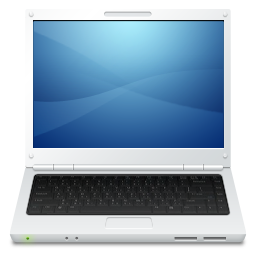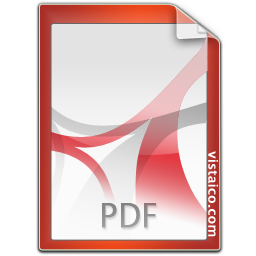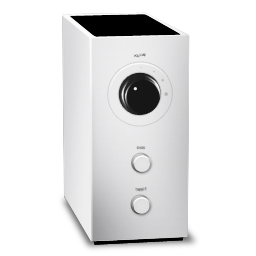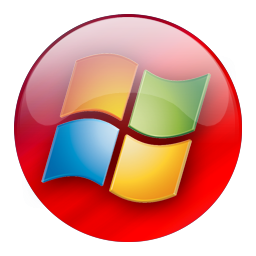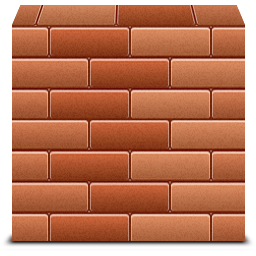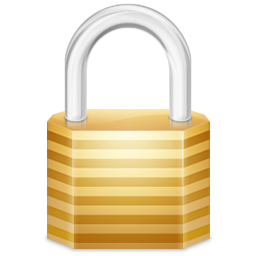ENSURE THAT RAM, HARD-DRIVES, AND CPUs ARE MORE THAN ADEQUATE TO PROVIDE HIGH PERFORMANCE.
GET RID OF UNWANTED PROGRAMS, UPGRADE WANTED PROGRAMS, AND ENSURE THAT ALL PACKAGES ARE KEPT UP-TO-DATE.
LOCK YOUR SYSTEM DOWN AND KEEP ALL MALICIOUS SOFTWARE AND ATTACKS AT BAY.
Additional Fonts And Gimmicks. Windows and other operating systems are dispatched with default fonts, clipart, and such like, however many of us like to browse the web for new and funky fonts, better clipart, screen savers, desktop wallpapers and
much more. We will browse the thousands of websites out there and just start clicking away to download, download, download.
Before we know it we can ping off letters and emails with wicked fonts and pictures, and when we are logged on we have brilliant wallpapers and screen-savers, but these not only take up your hard-disk space but also a tremendous amount of RAM which will indefinitely slow your PC down. In some cases PCs grind to a halt when rebooted after
downloading such material. Try and keep it simply if you want your PC to perform well!.
Restarting Windows. Restarting your PC is a common task and you will find that Windows prompts you to do this ofter when either
upgrading/installing hardware/peripherals and more so when installing or upgrading your software. The reason for this is to reset the system after a change has been made and most importantly a PC restart flushes out the system RAM. You can speed up this process by holding down the SHIFT button which will only restart Windows as opposed to restarting the whole system, give it a go!
Minimising. Many of us use multiple applications and software in conjunction with each other. Other people just like to have many things open at the same time. This is fine but best practices advise that we minimise the screens
we are currently not viewing which reduces PC memory pressure.
Screen Resolution. As graphics cards and monitors have evolved and displays have got better this applies again additional pressure on your PC resources. If you are happy with a standard screen resolution this will speedup your PC.
Wallpapers. Wallpapers are lovely, smart, and look good but are resource intensive, in other words, they slow your PC down so if you are happy with a basic one stick with it.
Tip 1: Clean Up Registry:
The Windows registry is a database repository for information about a computer's configuration. The registry keeps growing when you use Windows. With the growing of the registry, it can degrade the performance of the whole system and cause many weird software problems. Be cautious and try to use a registry-cleaning program like PC Washer, which will not only clean out your registry but it will take care of several of some other issues as well.
Tip 2: Defragment:
When you save a file on your computer it goes to the first available space on your hard drive. When that gets filled up it stores other parts of your file in the next available place, then the next place, and so on. When files become fragmented like this, the computer has to spend time searching the hard drive to piece them back together. This process slows you and your system down. Luckily, this is a fairly easy fix. Simply follow these steps: For a PC, go to Start menu and open your Programs menu. From there go to Accessories then Program Tools. You should see the icon for the Disk Defragmentation program in that menu. Simply click on it and windows will begin the defrag process. Be advised, however, that this process usually takes a long time so it could be something you set up to run before you go to bed or before you go to work in the morning.
Tip 3: Get Rid of Junk Files:
In using a computer from day to day you're going to accumulate junk files. Some of them are a result of surfing the Web, and others will be left by programs you use. Internet browsers provide a way to remove cache files, but if you want to dig deeper and get rid of all the junk, PC Washer can help you. I also recommend that you defragment your computer after you've removed a lot of junk. Remember, if you take good care of your computer, it will work better and last longer.
Tip 4: Turn Off Unnecessary Services:
Turning off unnecessary services in Windows XP can greatly reduce your exploit risk, while improving system performance. It's a good time to inject that often there are all sorts of "download optimizers" and other cute programs that vendors like to push on users. Most of the time, installing such things slows your computer down at best. It could subject you to potential security risks. The first rule is "If you don't know you need it, you probably don't."
Tip 5: Remove Old Programs:
Have things installed on your computer that you haven’t used in ages? Do you even know what’s installed on your computer? It’s possible all these old programs could clog up your hard drive and slow your computer down. Go to your Start menu and select the Control Panel and then Add or Remove programs. It will bring up a list of all the programs that are installed on your computer and also tell you how often you use them. If the answer is “never,” you can most likely safely uninstall the programs and free up valuable space.
Tip 6: Remove Unnecessary Start-up programs:
One way you can speed up your computer is to prevent programs from launching themselves at start-up. Not only do the unwanted programs delay the start of Windows, they also continue to slow down your computer since they use system resources.
Tip 7: Check for Spyware and Adware:
Spyware is software that allows companies to monitor what websites you visit or even access your computer. Adware is software that displays advertisements. Both use system resources and slow your computer down. Detecting and removing the programs will improve system performance.
Tip 8: Adjust Visual Effects for Better Performance:
Windows XP provides a number of interesting visual effects like animated windows and fading menus. These effects, however, can slow down your computer. In this tutorial, you'll learn how to customize the visual effects to match your preferences and performance needs.
Tip 9: Clean Up Your Desktop:
Some of you, and you know who you are, have virtual desktops that are just as messy as your real desktops. This may not seem like a big deal, but it’s important enough that windows will give you little nudging reminders to clean up your desktop (which, if you’re like me, you promptly ignore). Go through all the stuff you have on your desktop, delete the shortcuts you no longer use, and organize all the remaining miscellaneous files.
Tip 10: Install Updates:
Keeping your computers operating system and drivers up to date is very important in maintaining performance. Updates also help make your computer more secure and reliable, improving performance indirectly as well. Most Windows updates can be downloaded from the Internet and installed (mine does this automatically) but you can use the Windows Update site to gain access to the updates as well. This site is accessible only if you’re running Internet Explorer (IE).
10 USEFUL TIPS

